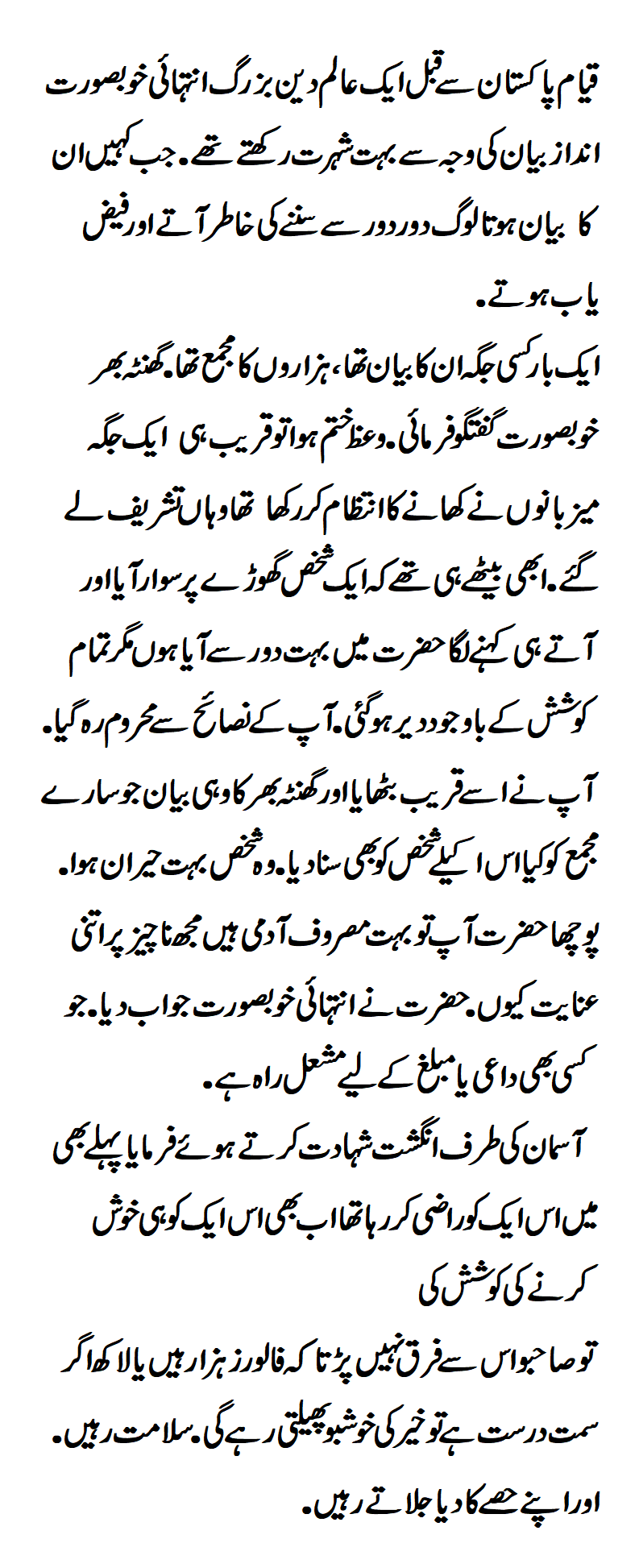From its inception in 1947, the idea of Pakistan was a contested ideological matter. Having lost their privileged status when the British supplanted India’s Mughal rulers, Indian Muslims divided in response to a deepening cultural and political insecurity under colonial rule. Culturally, a schism emerged between the Aligarh tradition, which balanced selectively embracing Western notions of modernity and learning with retaining an Islamic identity, and the Deoband tradition, which rejected Western mores as a deviation from religious orthodoxy.
Politically, as the independence struggle gained momentum, Indian Muslims divided into three primary groups. The first was affiliated with the Indian Congress Party, which advocated territorial nationalism. The second was affiliated with the All-India Muslim League led by Muhammad Ali Jinnah, which contended that Muslims had a special identity that would be erased in a Hindu-majority India. The third included the religious parties that opposed a separate Muslim homeland to avoid dividing the Muslim ummah (community) yet shared the Muslim League’s concerns. Ultimately, the Muslim League prevailed and Pakistan was carved out of the subcontinent.
The irony of the dedicated struggle for Pakistan, however, was the ambiguity over the end goal. Indeed, one prominent South Asia historian, Ayesha Jalal, has argued that the lack of consensus over Pakistan’s ideological and territorial contours was vital to its establishment: “Jinnah’s resort to religion was not an ideology to which he was ever committed or even a device to use against rival communities; it was simply a way of giving a semblance of unity and solidity to his divided Muslim constituents. Jinnah needed a demand that was specifically ambiguous and imprecise to command general support, something specifically Muslim though unspecific in every other respect. The intentionally obscure cry for a `Pakistan’ was contrived to meet this requirement.”
